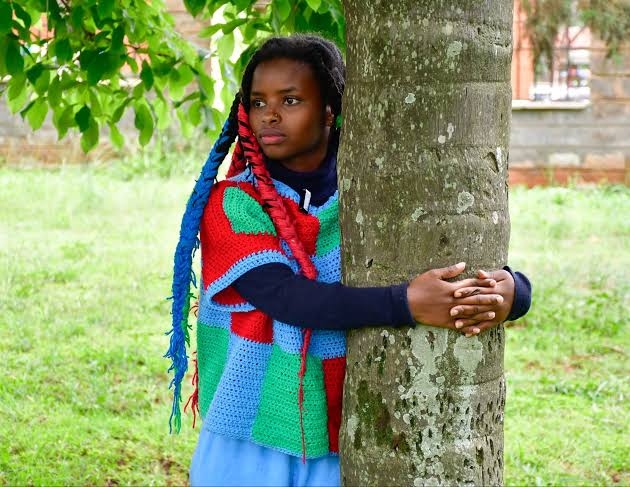County agriculture ministers in North Rift have called for more public and farmer sensitisation on genetically modified organisms.
The executives noted that since modern biotechnologies are aimed at addressing pest and disease challenges, there is a need to create more awareness to farmers and the public who are the primary targets.
They urged the Kenya University Biotechnology Consortium (KUBICO) to reach out to farmers to enhance the adoption of crops developed through modern biotechnology in their counties.
They spoke during a visit by the consortium to the counties of Baringo, West Pokot, Trans-Nzoia and Uasin Gishu.
The county ministers noted that eliminating pest damage to maize and other crops using genetic engineering may enhance food security. It will also improve food safety and reduce recurrent chemical spray, thus protecting the environment, they said.
“We are ready to collaborate on sensitising farmers because we need our county to be food secure,” said Risper Chepkonga, Baringo Agriculture executive.
“We cannot say no to modern biotechnologies though there are concerns here and there that experts need to address. Counties need to be at the forefront in ensuring that farmers understand these technologies before they can embrace them,” she added.
Her West Pokot counterpart Wilfred Longronyang asked the researchers to organise demonstration farms on the insect protected Bt maize to the farming community.
He said seeing is believing and farmers need to physically see that the technology is safe and can address some of the challenges that they are facing in the wake of climate change. This, Longronyang said, will help in achieving the desired adoption levels.
The public participation was flagged by the Trans Nzoia agriculture executive Phanice Khatundi, who asked for further engagement with the researchers, County government and farmers.
“The county’s main agenda is to increase productivity and get into value addition. When it comes to productivity everybody would want to increase productivity. But in order to embrace any technology, scientists must involve the public and farmers and sensitise them of the technology,” Khatundi said.
Uasin Gishu Agriculture and Agribusiness Chief Officer Elphas Kesio decried the level of misinformation reaching the public on GMOs.
He said scientists have to work extra hard to pass the right information to the public.
Consortium Secretary general Dr Joel Ochieng reiterated the safety of GMO products available in the country. He said rigorous safety measures and tests are undertaken before any of the products can be approved for use.
The Bt maize will enhance farm level productivity by restoring yields. It will also improve food safety by eliminating the pests that make it easier for fungus to infect maize and cause aflatoxin.
"It will also enhance environmental sustainability by eliminating spraying of the crop,” said Ochieng who is also the head of the Agricultural Biotechnology Programme at the University of Nairobi.
A ban on GMO foods that was imposed in 2012 was lifted by the new Cabinet in October 2022.
However, Members of Parliament from the North Rift and other key maize growing areas in Western Kenya rejected the move.
The decision was also rejected by key political leaders allied to Azimio who have petitioned the government and rallied their followers to reject the products.
Through civil society organisations, two court cases challenging the lifting of the ban are currently in the High Court, which consequently put a temporary hold on GMO maize imports and cultivation.
The MPs from maize growing areas in the North Rift vigorously campaigned against GMO in Parliament when the matter came up for debate.
The legislators said wider consultation and public participation needed to be conducted before such action is taken.















